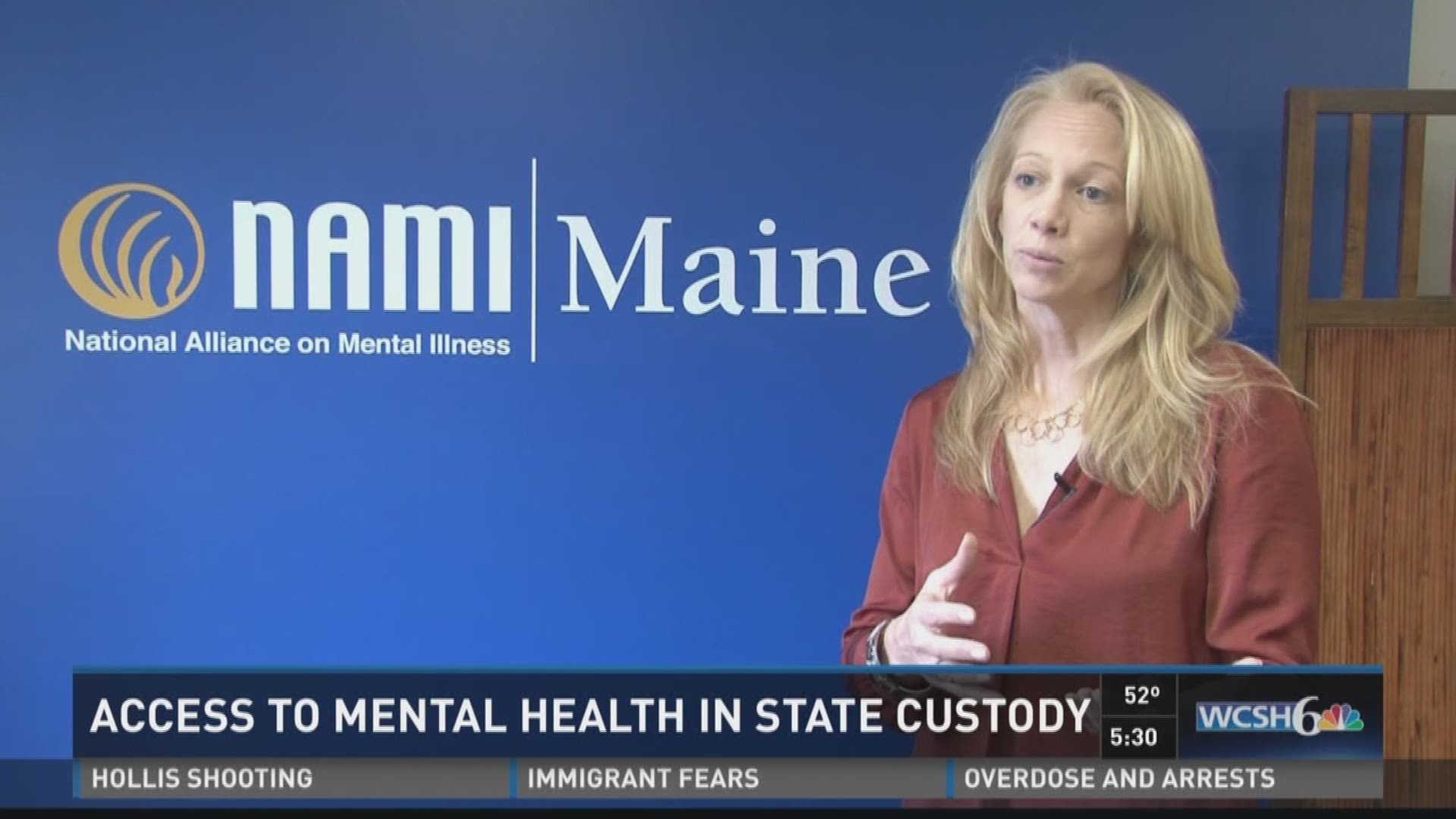PORTLAND, Maine (NEWS CENTER) -- The mother of a transgender teenager who killed himself while in custody at a correctional facility in South Portland, says her child didn't get the help he needed; help she says she begged for.
On October 29th, Maisie Knowles, who preferred the name Charles, took his own life while in holding at Long Creek Youth Development Center in South Portland.
It's a place juveniles are often held as they wait for their court hearing.
His mother, Michelle Knowles, spoke with us Wednesday afternoon. She says her son had a long history of mental illness and had tried to take his own life a number of times. She says he set their house on fire, and that was what put him in Long Creek.
"My child never died on my watch. I gave my child to the care of other people, they promised they would keep my child safe. My child actually felt safe there," Knowles said in an emotional interview.
"Mental illness meant my child was always on watch, always under care."
Knowles says her child knew exactly how long it took to die, and told her that the guards weren't checking on him often enough; but she doesn't completely blame Long Creek officials.
"The director of the Department of Corrections is a very nice man," said Knowles. "He is very sad that a child died on his watch, I'm sure of that."
Charles was technically only being held there until his court date, and therefore wasn't given access to healthcare.
"We are a rural state with a shortage of mental health providers," said Jenna Mehnert, the executive director of the National Alliance on Mental Illness, or NAMI.
Mehnart says there aren't enough resources in the state for young people who have been accused of crimes and are waiting to be processed through court; and when someone like Charles displays aggressive behavior, Long Creek has become the place to hold them, instead of a psychiatric hospital.
"The Department provides contracts with a lot of different providers who do a good job with a certain segment of youth. The challenge is there are some young people whose acuity of need or the complicated nature of their current mental health status needs psychiatric hospitalization; needs that option that really can't say no to them. We don't have any state hospital beds for young people, for anyone under the age of 18."
Both Mehnart and Knowles hope that what happened to Charles will be a stepping point to change the conversation on mental health, and create better access to resources.
For more information on mental illness and ways to find help, click here.

